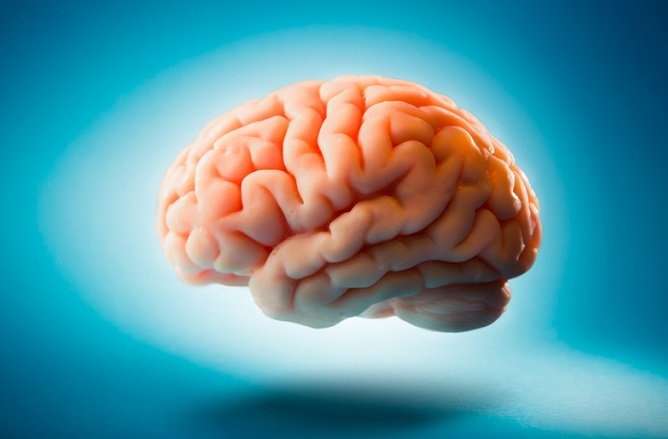Diabetes can damage the brain

There are around 6 million patients diagnosed with diabetes who live only in Mexico, this condition can put other functions of the body at risk such as cardiovascular problems, kidney problems, eyesight, teeth, the digestive system, among other series complications, but did you know that diabetes can damage the brain too?

Table of Contents
How diabetes can damage the brain?
Research indicates that the inflammation caused by diabetes can cause damage to the regulation of blood flow in the brain, this causes a lack of oxygen and sugar in the brain.
Patients affected with diabetes have a decrease in their gray matter, and may notice a decrease in their ability to retain memories, ideas, and coordinate their thoughts.
When a person has high levels of impaired control of blood flow to the brain, they may notice some difficulty in performing daily activities, such as preparing a meal or bathing. Also, this condition can lead to Alzheimer’s disease, which experts can be considered as the Type 3 diabetes.
Decreased memory and learning.
The type 2 diabetes is associated with cognitive decline, which may include difficulty or slowness in learning and fragility of memory, mental speed is also reduced. The degree of reduction tends to be moderate in the early stages of the disease and progresses slowly as the person ages.
Risk of Alzheimer’s.
However, other people who suffer from this condition may present a different course in the development of the disease, with a greater risk of suffering from cognitive deficits such as Alzheimer’s disease or vascular dementia.
Damage from chronic exposure to hyperglycemia.
Among the possible intermediaries of the damage produced in the brain in people with diabetes, it should be mentioned glycation (AGEs), that is, products resulting from the chemical reactions that occur in the proteins of brain tissue after chronic exposure to the hyperglycemia. AGEs damage organs, including the brain, causing inflammation and oxidative stress.
AGEs are a heterogeneous group of macromolecules that are formed when sugars react with proteins, lipids, and nucleic acids. These form molecules through a process known as glycation, the level of these depends on the duration of hyperglycemia and the half-life of the protein.
How to avoid damage to the brain?
To prevent the cognitive deterioration that occurs as damage to the brain, produced by diabetes, what can be done is to normalize daily glucose levels, through a balanced diet, the incorporation of exercises into the daily routine, and the use of insulin or natural sugar levelers, such as the use of cloves and cinnamon to level glucose.


